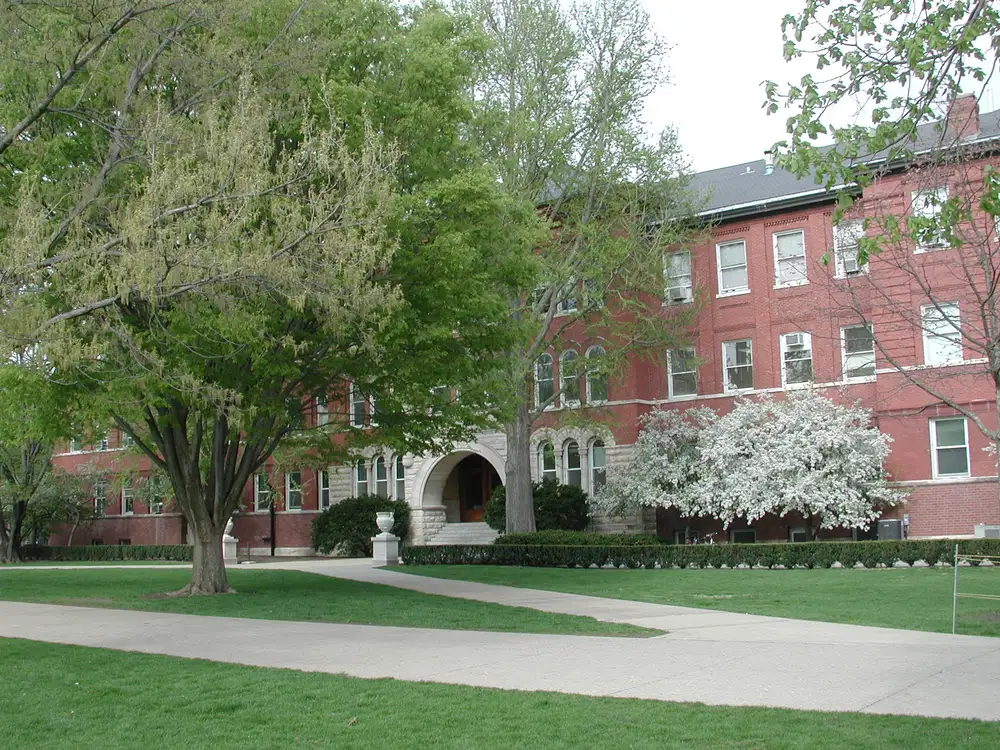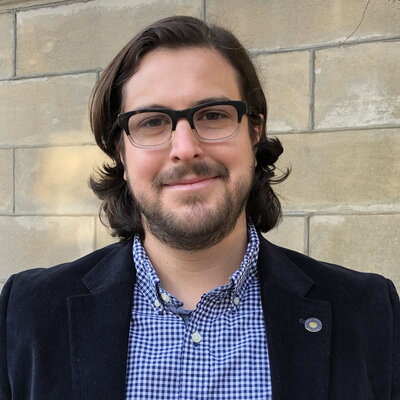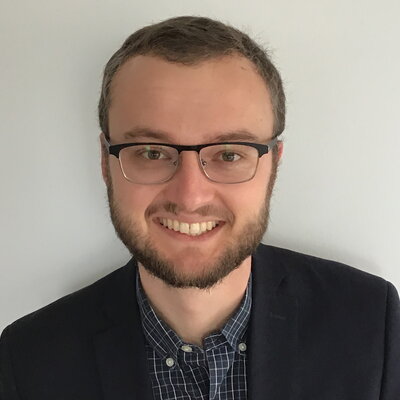
In the next academic year, two new junior faculty members will be joining the Department of Chemistry, an expert in nanoscale Nuclear Magnetic Resonance using quantum defects and a computational theorist.
Mikael Backlund will start this fall after completing his post-doctoral work at the Harvard-Smithsonian Center for Astrophysics, and Nicholas Jackson will join the department in the spring semester from Argonne National Laboratory.
With a BS from the University of California Berkeley, Backlund completed his PhD at Stanford University where he worked for W. E. Moerner.
“I am incredibly excited to join the faculty this fall,” he said, “and in particular, to work with the brilliant undergrads, graduate students, postdocs, and fellow PIs who make Illinois Chemistry the world-renowned department it is.”
Since his research is inherently interdisciplinary, Backlund said he is drawn to the fact that the University of Illinois at Urbana-Champaign boasts top-flight programs across all of the scientific and engineering disciplines.

“This is a special place to do research,” he said.
Backlund’s research interests include the development of advanced optical and opto-magnetic nanoscale microscopy techniques and their applications to problems in biophysics and soft matter. Future research efforts will involve aspects of single-molecule science, super-resolution imaging, and nanoscale NMR using quantum defects in diamond. He is also interested in problems of fundamental metrological importance, including the quantum limits of optical microscopy.
While his research is primarily experimental, he said he often likes to work on problems with strong theoretical and computational components as well.
Jackson said he is thrilled to join the Department of Chemistry as well as the Urbana-Champaign community.
“Chemistry at UIUC is not only one of the elite departments in the nation, but it has a history of incredible strength in theoretical chemistry,” Jackson said. “This leads to the ability to recruit top caliber graduate students, which is of course a great draw. That coupled with broad strengths across the university in the physical sciences and engineering, and a strong culture of collaborative research, made it an ideal choice.”
With a BA in physics from Wesleyan University in Connecticut, Jackson went on to complete his PhD in theoretical and computational chemistry at Northwestern University in 2016. Since then, he’s been a Maria Goeppert Mayer Named Postdoctoral Fellow at Argonne National Laboratory in Lemont, IL, and a postdoctoral researcher at the University of Chicago.
Some of Jackson’s most recent work has been developing methodologies that integrate quantum mechanical calculations of molecules with ideas from machine learning and artificial intelligence.

“Specifically, I work on a particular application of these ideas that I refer to as electronic coarse-graining (ECG) – the idea that one can compute quantum mechanical properties of materials for large (10’s-100’s nm) systems without having to solve the (computationally expensive) Schrodinger equation for the full system. ECG has exciting potential applications in predicting the conductivity, optical properties, and reactivity of materials,” he said.
Department head Martin Gruebele said he’s very glad that hiring of new faculty members worked out well again this year, despite interference from the COVID-19 crisis. The process began with 12 outstanding candidates giving seminars and research presentations.
“It was a tough choice to narrow it down to five excellent scientists in the analytical, chemical biology, materials, organic and physical chemistry areas,” Gruebele said. “Nick as a computational theorist and Mikael as a zero-field NMR expert are truly timely additions to our faculty.”